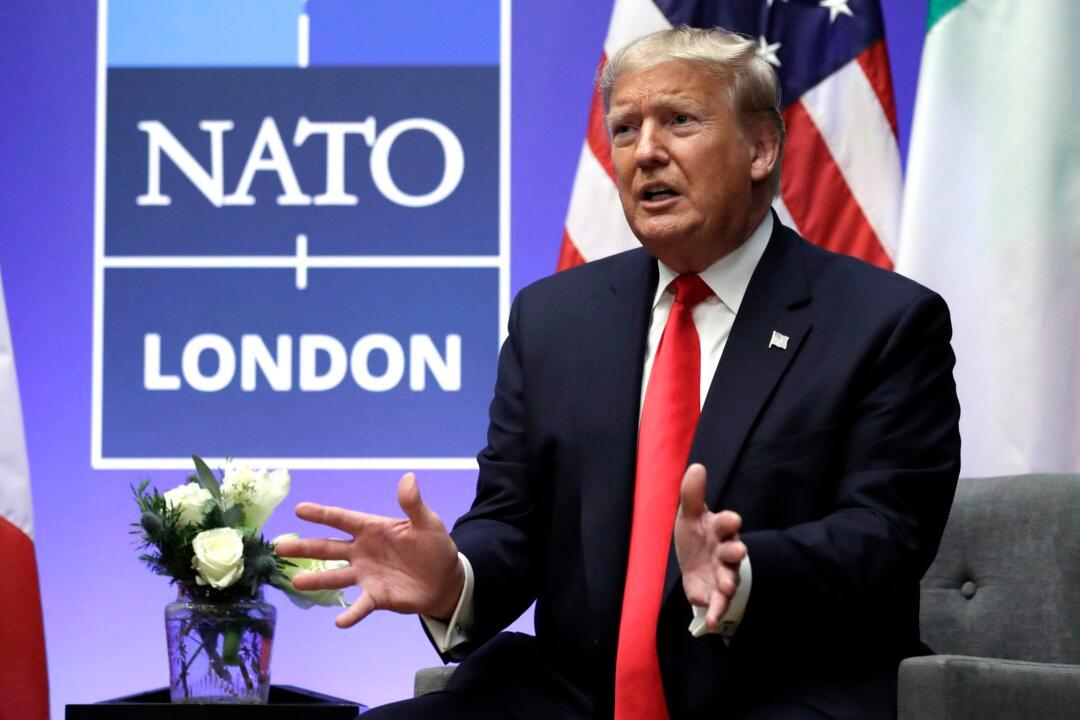What will President-elect Donald Trump’s win mean for U.S. foreign policy in places like Europe, China, Russia, and Iran? Quite a lot—and above all else, fewer freebies for U.S. allies and partners and a search for deals with U.S. adversaries to avoid conflict.
Trump is a businessman, and whenever he gives something away, he wants something for America in return. His detractors call this “transactional,” but in many cases, it is good for America, decreases the likelihood of a catastrophic war, and in the long run is good for democracy. And America’s ballooning federal debt means that we simply can’t afford to be quite as generous as before.





